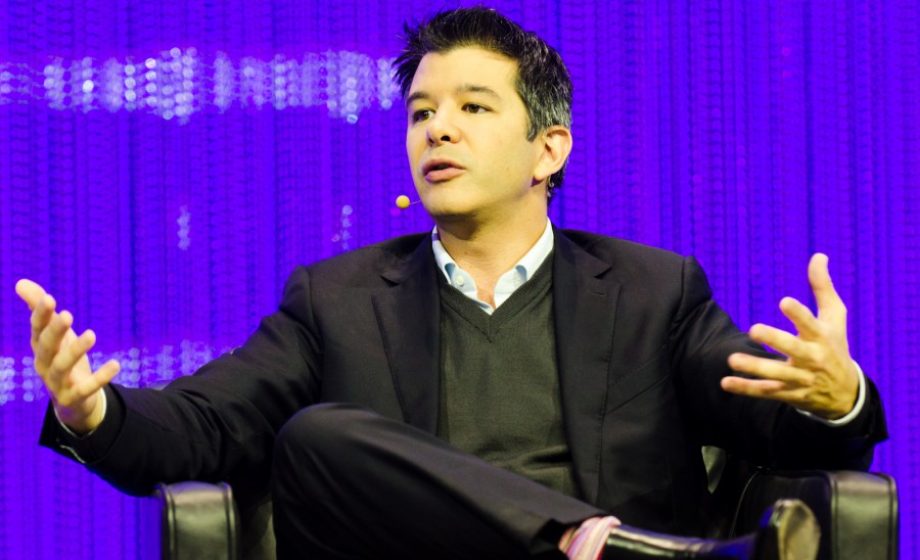
The details have yet to be surfaced, the allegations will likely never be confirmed, but that doesn’t matter. Whether you were in Spain, Germany, New York, Los Angeles, San Francisco, or France – the message is the same. Taxis are Bad. Uber is Good.
First, the context. Despite successfully pressuring the government into passing a decree requiring non-taxis to wait 15-minutes to pick up passengers, Taxis still took to striking yesterday; however, in Paris, Taxi strikes aren’t like any other French strike. It’s not signs and marching down Boulevard Haussmann. They flex their muscle. They block the entrance & exit to airports, they block the freeways, they block major thoroughfares by standing in the street and parking their taxis.
This week, things went even further, and protest turned to prejudice very quickly.
What has come to light is a picture of a coordinated, premeditated effort across multiple cities in France to attack not only black chauffeur cars carrying passengers through striking grounds, but also to assault any licensed taxi operating during the strike.
The Chauffeur (VTC) community had already expressed its desire to work together, and have done a good job coordinating efforts and communication around the idea that VTC don’t compete Taxis, but add to the market based on a need not served by Taxis – you can buy it or not, but that’s how they’ve chosen to communicate.
Both nationally and internationally, the brand “Paris Taxi” – that is, the brand that comes with operating a licensed taxi in Paris – is a negative one. I have had both good & bad experiences in a Paris taxi – usually a bad experience is followed by a good one, in which the conversation with the driver leads to “yeah, some Taxi drivers suck.” The problem is, Uber and other chauffeur apps have addressed this problem, and guarantee a certain quality of experience (because they don’t have a “license” issue and they can dump any drivers who don’t comply with their standards – I’ve already reported a Uberx driver for swearing at a bicyclist for about 5 minutes in stop-and-go traffic). Taxis can’t guarantee a quality experience, so every bad tale brings down the brand as a whole.
There is, in addition, the glaring fact that there are not enough Taxis in Paris – the inability to traverse the city was so bad that it inspired a Los Angeles-native to launch Uber.
Lastly, France remains one of the last countries (i’m told Italy does this as well) that allow Taxis which have been called for via reservation to start the meter when they are on their way to pick up a client – yeah, you’re paying for a Taxi to come to you, so you start with 7-12€ on the meter before you get in the cab. With prices like that, not only is Uber competitive priced, but UberX comes in well under the price of a taxi.
So, Chauffeur Apps Win. But Why Uber?
In most conversations around Black Cars vs. Taxis, I’ve remained relatively neutral in the companies I reference. There’s SnapCar – American co-founder Dave Ashton has written for us a few times – LeCab, Chauffeur Privé, Drive & many more; however, in France, Uber wins.
Uber wins because of the very law that is meant to punish Uber specifically – the 15-minute Law. The law makes it harder for actors in Paris to be profitable – something which Uber doesn’t need to worry about, because A) it’s already profitable in Paris and B) even if it wasn’t, it has loads of other cities that can allow it to become a loss-leader in Paris, starving out competition struggling to keep above water amidst regulation and the Taxi mafia.
Uber isn’t going anywhere; in fact, they thrive on animosity, rebellion & condemnation. It’s their MO for achieving significant market share, and they’ve done it in France this week.
What was originally intended to help conserve the Taxi market, according to French Minister Arnaud Montebourg, who spoke at LeWeb last December, will ultimately starve it – who will take a taxi when there is a chance the same person driving you was slashing tires, throwing rocks & glue, breaking windows, and causing traffic jams earlier in the week?
What was originally intended to help continue France’s protectionist habit of favoring local players over international ones will ultimately make it harder for French chauffeur apps to survive. I don’t think the market is a winner-take-all market; however, Uber will likely be the Fender of the chauffeur market, and I’d rather be Fender than Blueridge any day.
The Taxi drivers threw the first punch, and Uber is laughing all the way to the bank.

